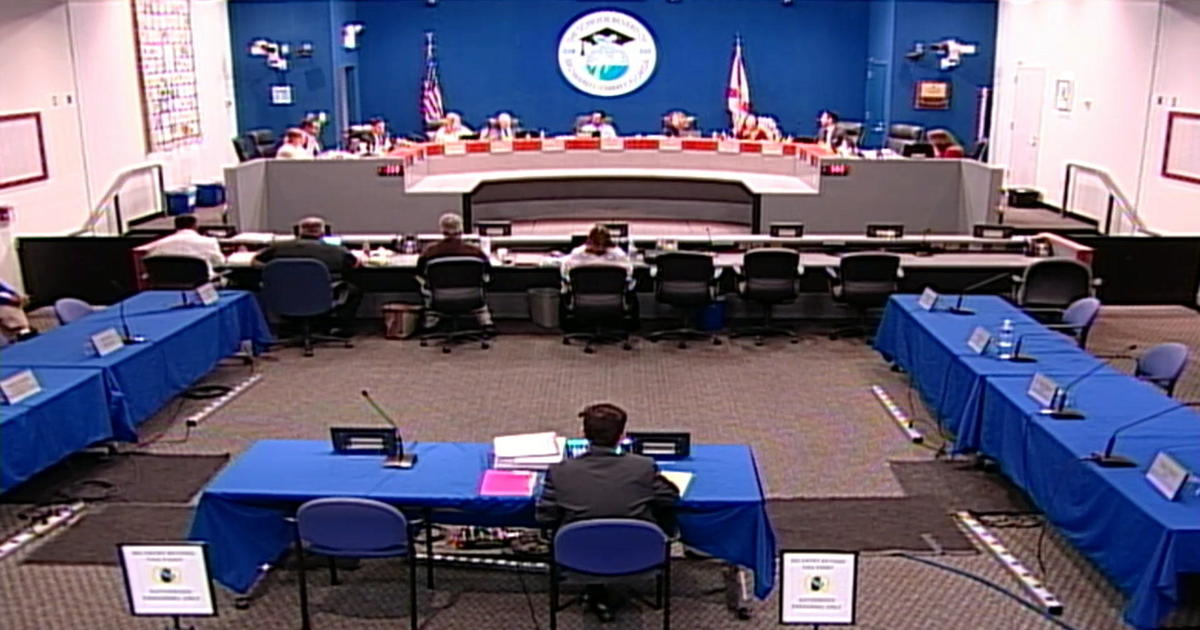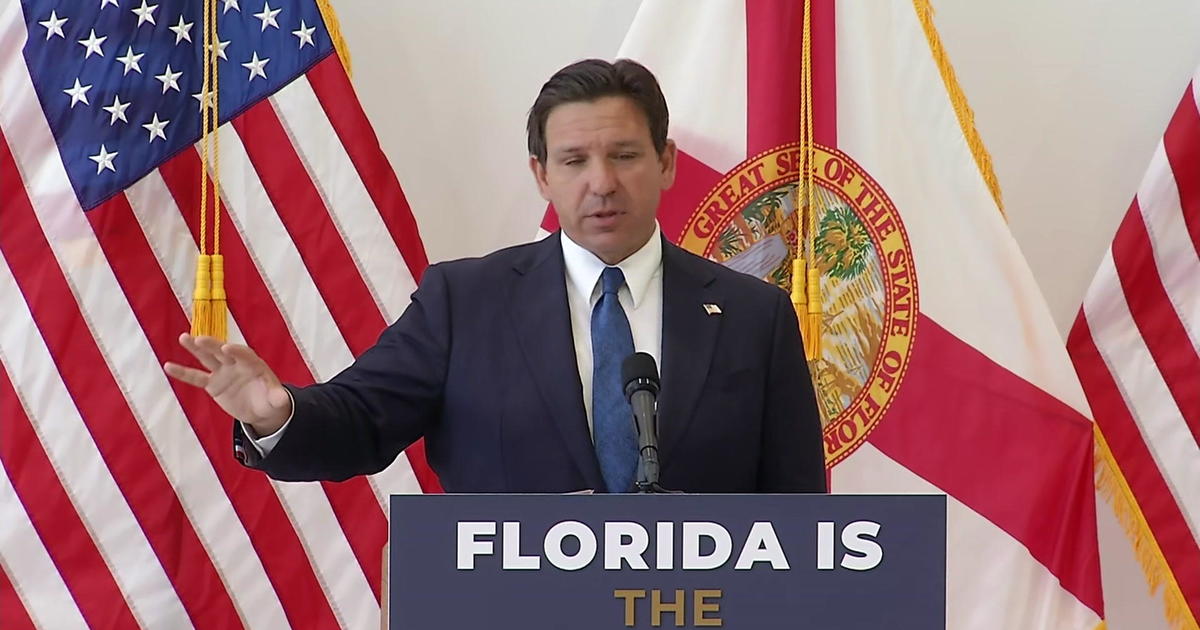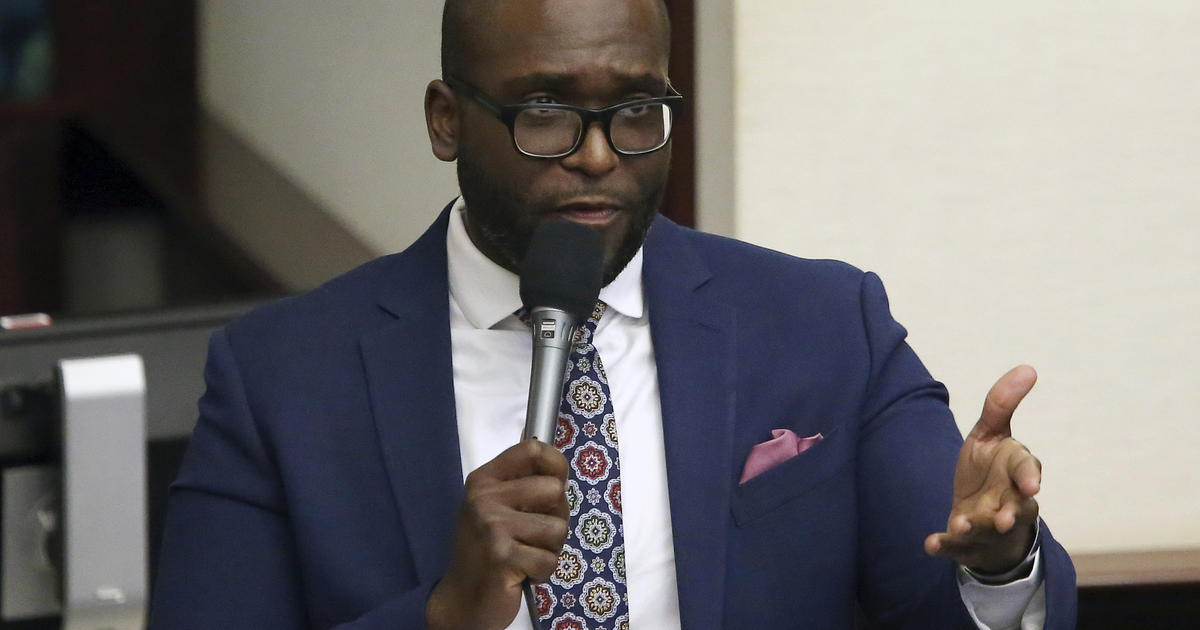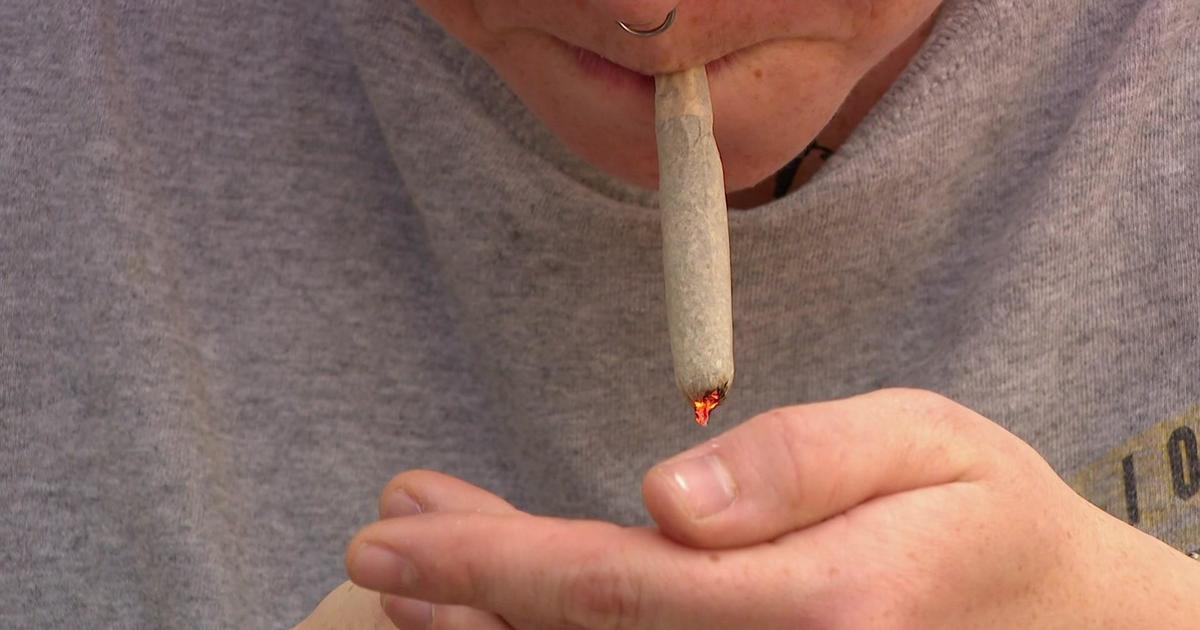State, Tribe Target Judge's Ruling On Games
Follow CBSMIAMI.COM: Facebook | Twitter
TALLAHASSEE (CBSMiami/NSF) – Florida officials and the Seminole Tribe are asking a Tallahassee judge to reconsider a ruling they contend could open the floodgates for thousands of unregulated slot machines in bars, strip malls and convenience stores throughout the state.
The requests, filed Friday, asked Leon County Circuit Judge John Cooper for a rehearing on his decision this month that authorized certain electronic machines, also known as "pre-reveal" games, over the objections of Florida officials.
In a letter to Gov. Rick Scott, the Seminoles called on the Legislature to address the issue or risk having the state lose millions of dollars in a revenue-sharing agreement that gives the tribe exclusive rights to operate slots outside Broward and Miami-Dade counties.
The controversy centers on electronic games known as "Version 67," produced by Blue Sky Games and leased by Jacksonville-based Gator Coin Inc., typically found in bars.
The companies sued the state after investigators with the Division of Alcohol, Tobacco and Firearms confiscated the machines, alleging that the computer games are effectively illegal slot machines.
This month, Cooper sided with the manufacturer and the distributor of the machines, finding that they don't violate prohibitions against slots because the games include a "preview" feature advising players of the outcome "before the player commits any money to the game by activating the 'play' button."
The games are not a game of skill --- because the outcome is always known --- or a game of chance, Cooper decided in the March 9 ruling.
But state gambling regulators and the Seminoles disagree.
The tribe maintains that the "pre-reveal" games violate a 2010 deal with the state, known as a compact, which granted the Seminoles exclusive rights to operate slot machines outside of Broward and Miami-Dade counties.
In a motion filed Friday, the Seminoles sought to intervene in the case.
"The offering of the Blue Sky Games (Version 67) and any similar gaming system to the public is a significant infringement of the tribe's right to exclusivity and threatens to disrupt a contractual relationship between the tribe and the state that has been highly beneficial to both parties," the tribe's lawyer, Barry Richard, wrote.
The court's failure to consider Florida gambling laws regarding the compact "could lead to an erroneous result that would have massive consequences and costing the tribe and the state to lose multi-billions of dollars," Richard wrote, adding that the compact-related issues were not raised by the state before Cooper made his decision.
The Florida Department of Business and Professional Regulation, which includes the Division of Alcohol, Tobacco and Firearms, also asked Cooper for a rehearing, arguing that the judge erred by focusing on whether the player's activity amounted to gambling.
The issue "poses an entirely separate question from whether the machine that player is playing constitutes a slot machine or device," lawyers for the Division of Alcoholic Beverages and Tobacco wrote in the seven-page request filed Friday.
What "the player knows or does not know about any given outcome is irrelevant," the state argued. "Indeed, a slot machine is a slot machine regardless of whether or not someone is playing it."
Last week, Seminole Tribal Council Chairman Marcellus Osceola advised Scott, House Speaker Richard Corcoran and Senate President Joe Negron that state and federal courts elsewhere have decided that the games are illegal slot machines and "are a clear violation" of the tribe's exclusivity.
"The Tribe is advised that a significant number of these games are being operated in Florida based on this decision, and that thousands of additional games are likely to be added in the near future," Osceola wrote.
The court fight over "Version 67" comes as the Senate prepares Wednesday to take up a pari-mutuel friendly measure (SB 8). Scott and lawmakers are trying to carve out a new compact with the tribe after another legal battle related to a provision in the 2010 agreement that gave the tribe exclusivity over operating "banked" card games, such as blackjack, at most of its casinos.
In that case, U.S. District Judge Robert Hinkle ruled that controversial "designated player" card games, also known as "player banked" games, authorized by the state at pari-mutuel facilities were a breach of the Seminoles' exclusive rights to conduct the banked card games.
Under the 2010 compact, the Seminoles agreed to pay the state $1 billion over five years --- an amount the tribe has exceeded --- in exchange for exclusivity over the banked card games and slots outside South Florida.
The card games portion of the 20-year compact expired in 2015, and the future of the banked card games remains in limbo, after the state appealed Hinkle's ruling.
But Cooper's ruling could wipe out the Seminoles' revenue-sharing agreement related to slots, which reaps the state about $120 million annually.
"This case is a very big deal," said Marc Dunbar, an attorney who specializes in gambling law. "The violation of the compact is very black and white."
"Version 67" isn't the only pending legal dispute related to slot machines that could affect how much money the state receives from the tribe.
The Florida Supreme Court is poised to rule in a lawsuit involving Gretna Racing, a small pari-mutuel in Gadsden County represented by Dunbar, who also owns a share of the facility.
The case is centered on whether pari-mutuels can add slots in counties like Gadsden, where voters have approved the machines, even without the express authorization of the Legislature.
The Gretna decision could have widespread implications and open the door for slots in seven other counties --- Brevard, Duval, Hamilton, Lee, Palm Beach, St. Lucie and Washington --- where voters have approved them.
The News Service of Florida's Dara Kam contributed to this report.



